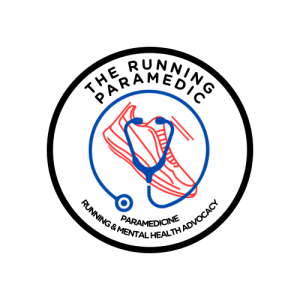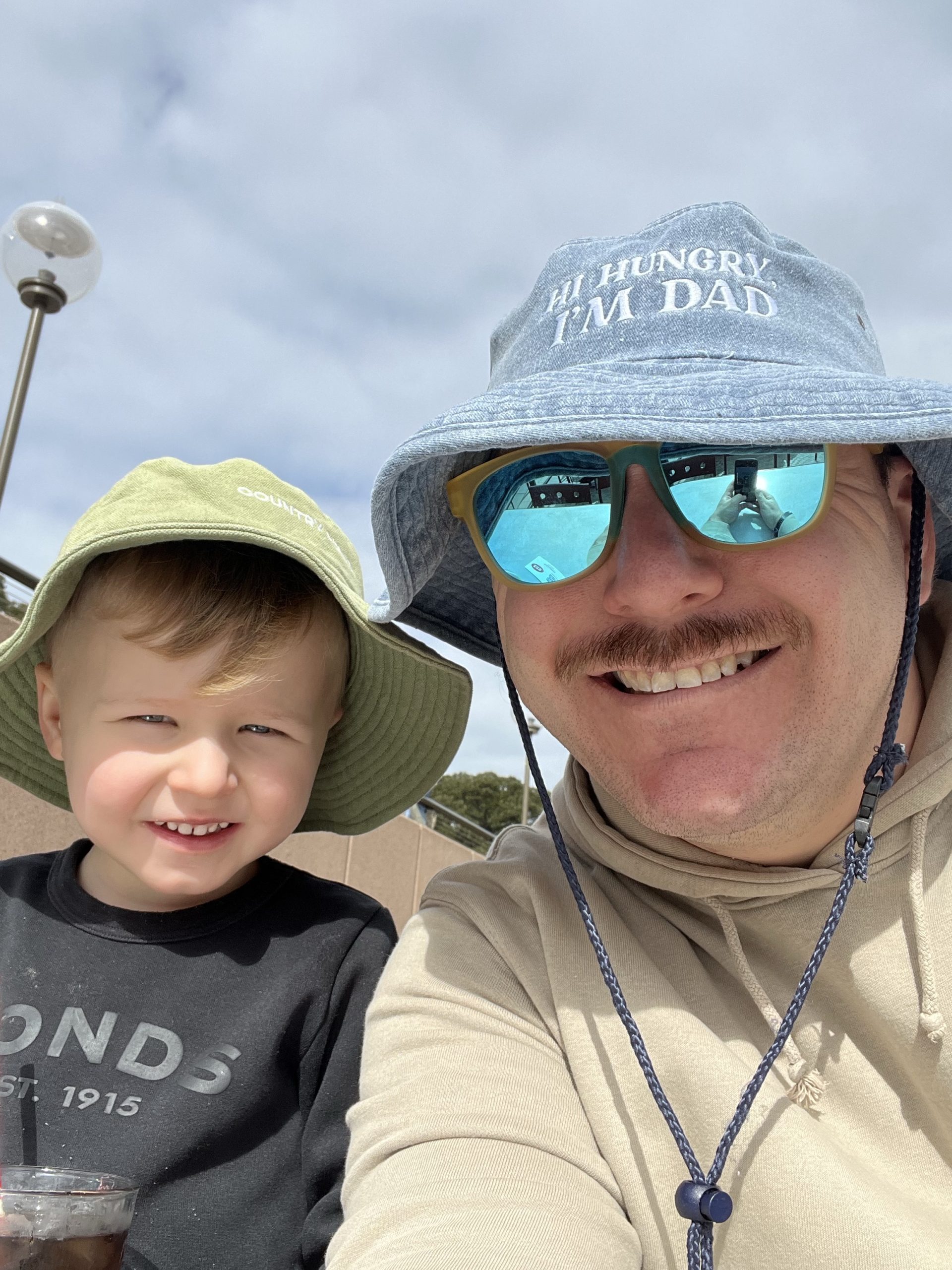I’ve spent the past 2 months trying to write a post about a traumatic incident that has put me back on workers comp. This time it’s a psychological injury. I have been really struggling to put into words the nature of the incident and the way it’s making me feel. I want to share a little bit of what I have been able to write down so far.
At the moment when I’m at work I am anxious. I experience chest pain, palpitations and tremors. I attempted to do a couple of shifts after the incident but it was just too much. I felt I could push through but my incredible wife made me realise I need to seek help before it bites me harder. At the moment I’m back on alternate duties in a non-clinical role. I managed 4 hours per week without the impending doom but unfortunately that puts me on just over the base wage in NSW. If anyone has been following the news our base pay is atrocious. Losing penalty rates working in NSW is huge and when I was off due to my back the financial stress was a big part of my mental health issues. It brought back some bad memories. Thanks to the thousands of union members taking action, in the next 18 months we will have the pay rise we deserve as professionals.
For now I’m taking it one week at a time, I’m about to start working 3 X 8 hour days to reduce the financial burden. I am seeing my regular psychologist next week to plan my return to clinical duties safely and I’m also on the wait list for the National Emergency Worker Support Service run by the Black Dog Institute and the University of NSW. I’ll post separately to outline more about the clinic but I’m hoping to be doing their program in about a month.
There’s a key message I want to get a cross in this post and that is to seek help early.
By talking to my wife about how I was feeling immediately after the incident, and then once I had done a couple of shifts I was able to gain her perspective on my emotions and feelings. The people we love know us best (most of the time) and it’s a good idea to talk to them. If they don’t know what’s happening then they can’t help you. It’s also fair on your partner or loved ones to know what’s going on.
I also reached out to our NSW Ambulance psychologist in South West Sydney. I needed to gain some advice on how to seek help and they are the experts in this area. Forget were able to outline all of my options as well as the current research around acute PTSD. Getting this advice was vital to my mental health and figuring out a strategy to remain in the profession for as long as I possible can (I need to work for another 30 years or so).
I know I could still do the job and push through the anxiety and feel back to normal in weeks or months but it would just fill my trauma bucket up like I’ve been doing for past 13 years.
So now I have everything in place to get back to the work I love and it was only because I sought help and I sought it early. It’s also thanks to my support network who also listened and helped me realise what I needed. They gave me permission to listen to myself and do what I needed to survive. It took the stigma out of the decision making.
PLEASE SEEK HELP EARLY! You may just prevent chronic PTSD if you nip it in the bud in the acute phase.




